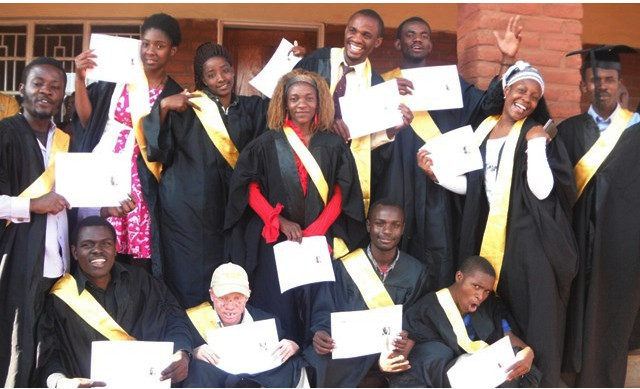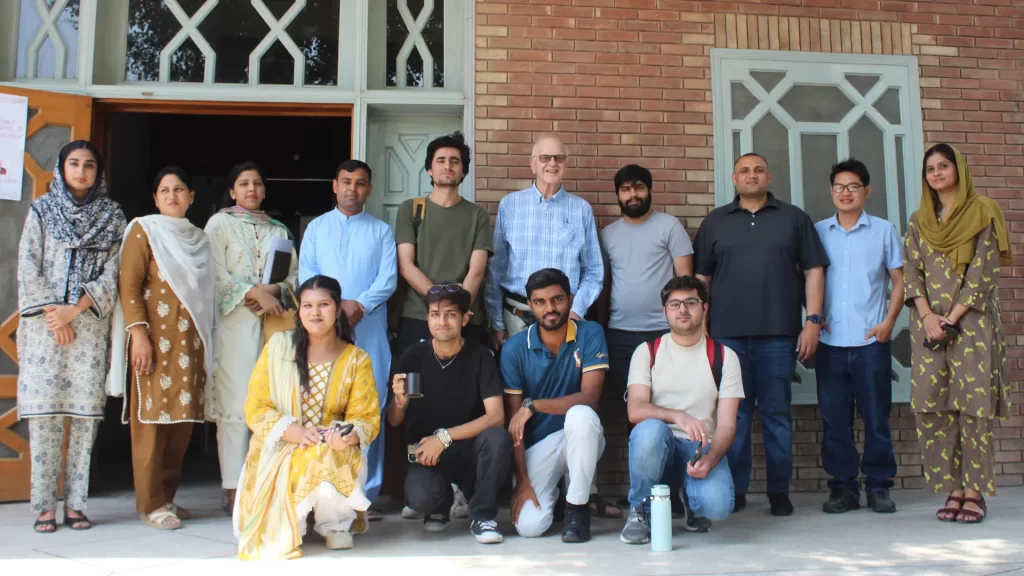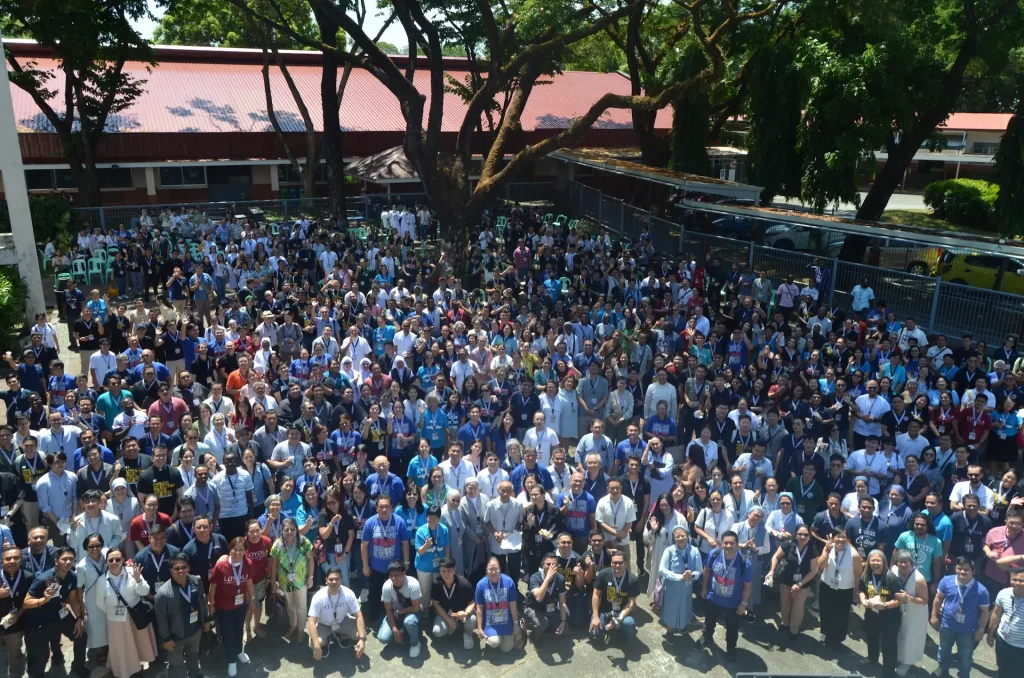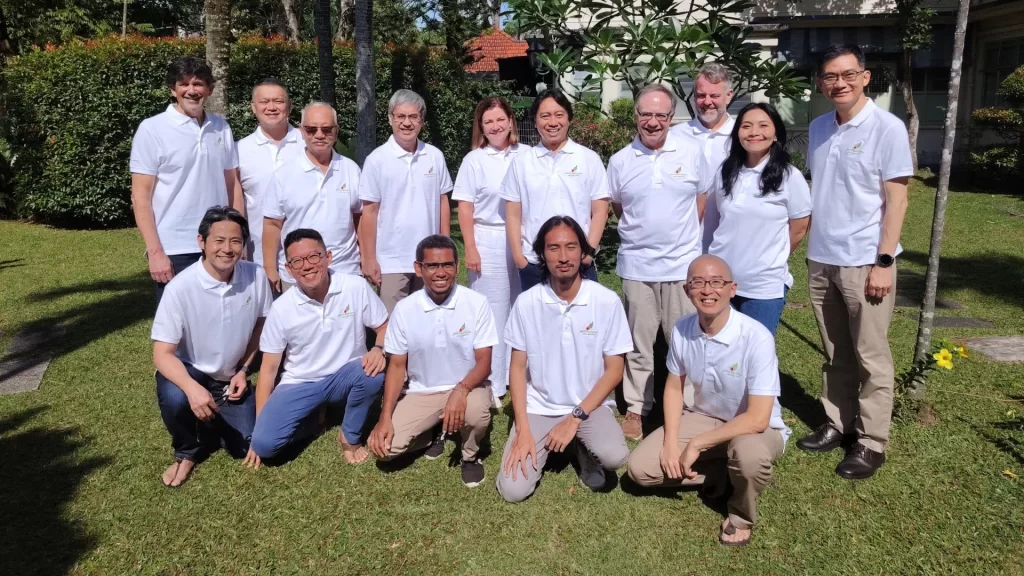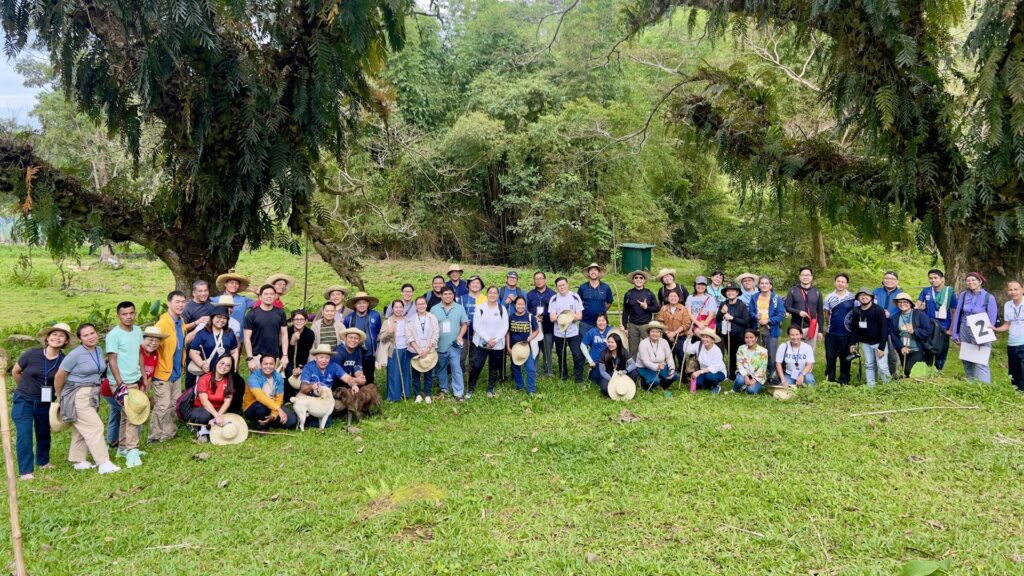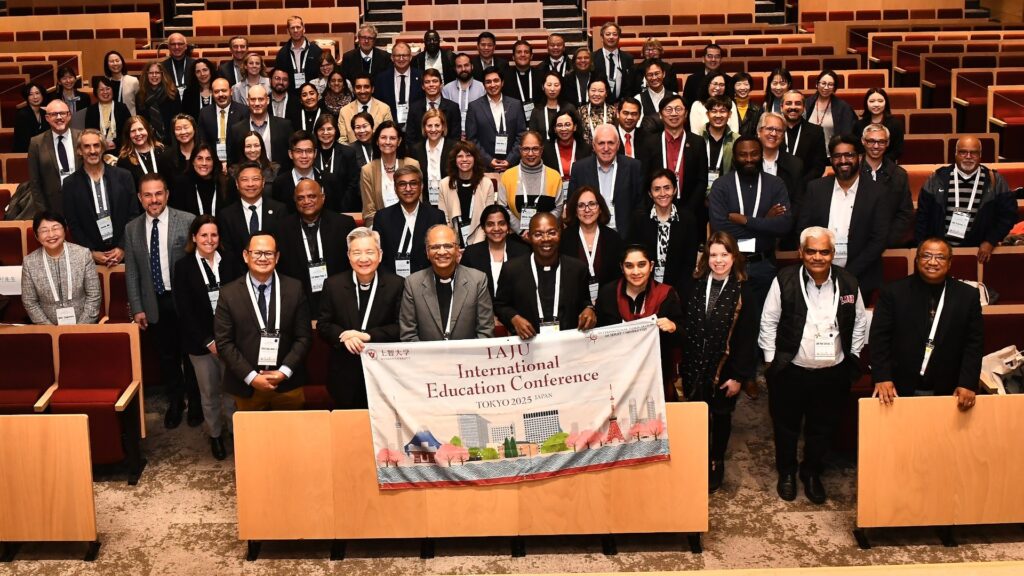Can getting a higher education benefit entire communities and even countries? Jesuit Father Michael Garanzini, Secretary for higher education worldwide for the Society of Jesus, thinks so and he has the model for doing just that.
Speaking to Vatican Radio between meetings in Rome in June, Fr Mike, as he likes to be called, admitted that coordinating amongst the Society’s some 200 Jesuit-run universities and institutes of formation around the world is a challenge. But there’s a new sense that they can “leverage their international network” to do more projects together, he says, arguing that united, the network will become stronger.
Fr Mike sees his job as Secretary as “evolving” into what he believes could be “quite beneficial” for the network and cites the example of “Jesuit Commons: Higher Education at the Margins” (JC:HEM) of which he is Chairman, and which provides higher education via distant learning programmes to thousands of refugees and underprivileged people in Kenya, Malawi, Chad, Syria, Afghanistan, Jordan, Thailand, Sri Lanka, Taunggyi and the Philippines. And, new programmes are popping up in countries all over, he notes. Many Jesuit universities cooperate in providing the courses which prepare people for careers as teachers and in business entrepreneurship and health services. Some of the subjects studied in JC:HEM’s virtual classroom include philosophy, world religions, communication and psychology.
Fr Mike was part of a roundtable discussion with Vatican Radio’s Tracey McClure, Mary McFarland, co-founder and international director of JC:HEM; and Anne Smith – JC:HEM Board member and Vice President of Wiley Publishing.
Below is some of what was discussed.
Forming leaders in the inner city to give back to the community
Fr Mike explains that in Chicago this month, Loyola University is opening Arrupe College, in tribute to the former Superior General of the order, Fr Pedro Arrupe, “for kids who are too poor to attend normal university”, using federal, state and gift money “to give the basic two years of education to inner city kids”. The new institution will make higher education possible for kids who otherwise, would not be able to go to college. In fact, many of them, mostly Hispanics and African Americans, he says, can’t even afford the $2,000 to attend the local community college.
Students will attend Arrupe for free, he explains, and will be given jobs to earn money and to contribute to the programme which will have “a very strict curriculum” imbued with a sense of social justice. Following the two year programme, students will be placed at universities and encouraged to become people “who will contribute to advancing their communities in terms of justice”.
Giving the unserved and under-served access to higher education
Similarly, Mary McFarland explains that JC:HEM is an initiative created by the Jesuits to ensure that “those who are unserved or under-served by higher education have access”.
If you have an education that prepares you to be an agent of social change through critical thinking, analysis and evaluation, she asserts, you can take action – “that’s all a part of the Jesuit Ignatian education experience”.
Countries with poor education have highest poverty rate, most conflict
McFarland cites the human development index which shows the areas of the world with the lowest education have the highest poverty rate and the most conflict: “there is a dire need in this world for people who are educated agents of social justice”, she stresses, saying this is what JC:HEM hopes to accomplish as its wider vision.
There are more than 50 million people in forced human migration today and many want a higher education, McFarland notes. If their educated voices cannot contribute to the discussion, she says, “we are going to miss the mark on solutions”.
Helping refugees use their minds, skills, in a ‘crazy insane situation’
Fr Mike points out that JC:HEM offers certificate and diploma programmes which prepare students in various skills. To illustrate the value of the certificate programme, he gives the example of psychological case management studies. “That’s about being able to be a better leader where you are – so some [of the courses] are actually quite practical for them.”
“Perhaps it’s something they would never have signed up for”, he continues, “but they’ve never found themselves in this circumstance where in fact they are managing people and they’re managing each other as refugees. This liberal arts background [requires] exercises in thinking, and broadening your experience [via] learning…in the Jesuit style which is looking and seeing and then absorbing and then also reflecting – and that, leading to some action. That general pattern through each of the courses…allows them to develop a certain sense of agency, a certain sense of ‘I am a person who actually has capacities and abilities, and I can adapt – and by the way, I am using my mind in what is a mindless environment, a mindless situation, a crazy insane situation. But I am doing something useful with myself and preparing for a future, though I don’t know exactly what [that will be].’” [Vatican Radio]
Listen to the full roundtable discussion here.
To find out more about JC:HEM, Jesuit Commons: Higher Education at the Margins, and to see how you can help, click here.
Photo caption: A screenshot from the JC:HEM homepage
Related stories:

